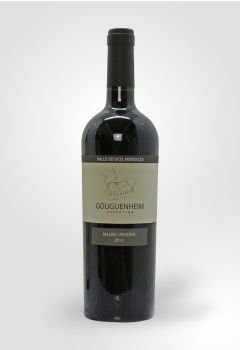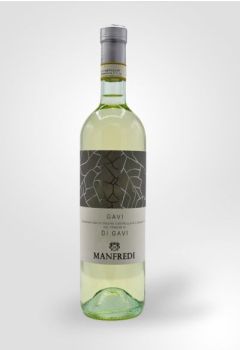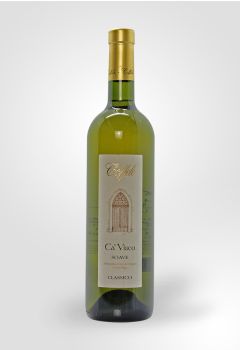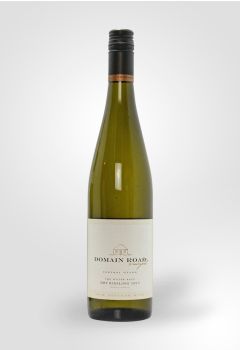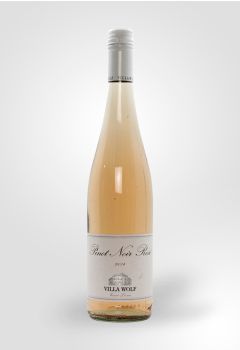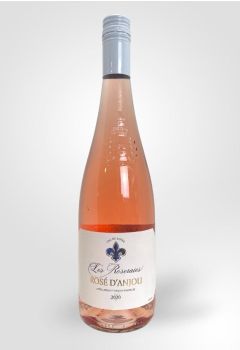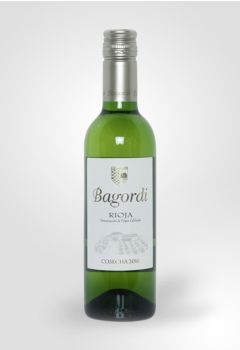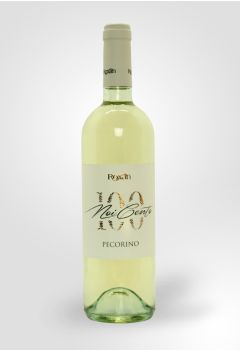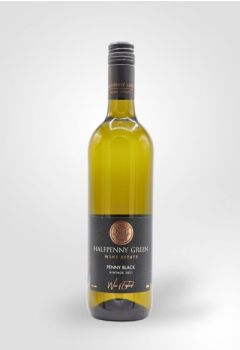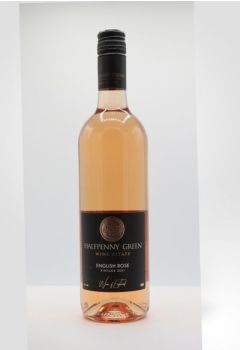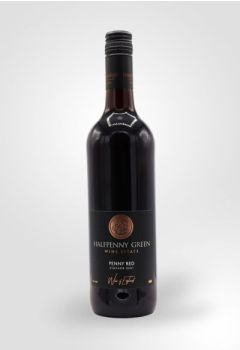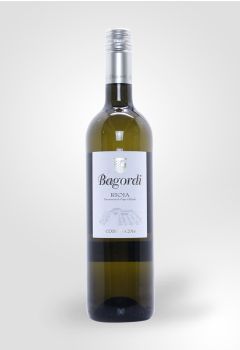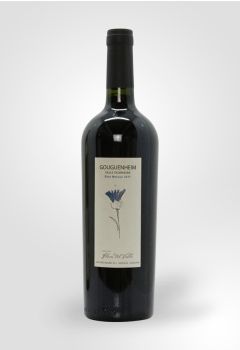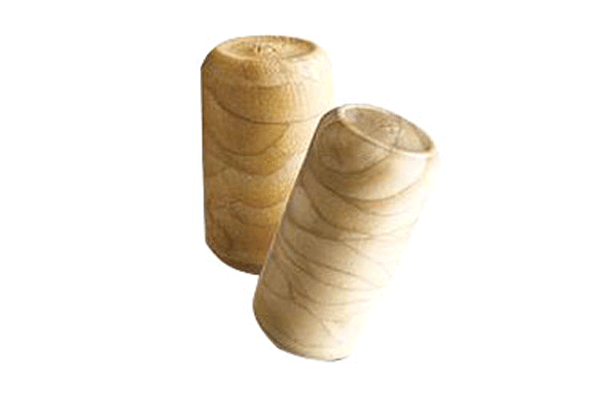
-
- Origin
- Argentina
- Mendoza
Deep ruby color with purple hints. Classic varietal aromas of black fruits, spices and a hint of vanilla scented oak. A range of layered flavors inclu... Read More- Origin
- Argentina
- Mendoza
Deep ruby color with purple hints. Classic varietal aromas of black fruits, spices and a hint of vanilla scented oak. A range of layered flavors inclu... Read More -
- Origin
- Argentina
- Mendoza
Deep purple colour with aromas of red fruits, chocolate and coffee beans. Red and black cherry flavours with scents of flower. Elegantly fresh oak on ... Read More- Origin
- Argentina
- Mendoza
Deep purple colour with aromas of red fruits, chocolate and coffee beans. Red and black cherry flavours with scents of flower. Elegantly fresh oak on ... Read More -
- Origin
- Italy
- Piedmont
A gently spiced nose with hints of green apple evolves into a crisp and elegant palate with a mineral, even nutty, character and notes of lime marmala... Read More- Origin
- Italy
- Piedmont
A gently spiced nose with hints of green apple evolves into a crisp and elegant palate with a mineral, even nutty, character and notes of lime marmala... Read More -
- Origin
- Italy
- Veneto
A beautiful white loaded with elegant aromas of apple, pear, passion fruit and yellow fruit that end in a dry, long finish. Comes from a small family ... Read More- Origin
- Italy
- Veneto
A beautiful white loaded with elegant aromas of apple, pear, passion fruit and yellow fruit that end in a dry, long finish. Comes from a small family ... Read More -
- Origin
- New Zealand
- Otago
Aromas of lemons and limes are also present on a very elegant palate that has some peach, apricot and hints of honey. The wine's dry character brings ... Read More- Origin
- New Zealand
- Otago
Aromas of lemons and limes are also present on a very elegant palate that has some peach, apricot and hints of honey. The wine's dry character brings ... Read More -
- Origin
- Germany
- Pfalz
A flavoursome wine with a refreshing crispness. A relatively low alcohol rose ideal for drinking at lunch time and with your summer barbecues. Read More- Origin
- Germany
- Pfalz
A flavoursome wine with a refreshing crispness. A relatively low alcohol rose ideal for drinking at lunch time and with your summer barbecues. Read More -
- Origin
- Spain
- Rioja
White wine from Rioja (half bottle) with a good balance between acidity and fruitiness, accompanied by intense aromas of ripe fruit, citrus and flower... Read More- Origin
- Spain
- Rioja
White wine from Rioja (half bottle) with a good balance between acidity and fruitiness, accompanied by intense aromas of ripe fruit, citrus and flower... Read More -
- Origin
- Argentina
- Mendoza
A full-bodied, fruit-driven wine with a strong backbone of blackberry and cassis, mouth-covering tannins and a long finish. Best when paired with rich... Read More- Origin
- Argentina
- Mendoza
A full-bodied, fruit-driven wine with a strong backbone of blackberry and cassis, mouth-covering tannins and a long finish. Best when paired with rich... Read More -
- Origin
- England
- Staffordshire
A fascinating blend of 35% Reichensteiner, 17% Huxelrebe, 16% Phoenix, 12% Seyval Blanc, 8% Madeleine Angevine, 7% Muller-Thurgau, 5% Chardonnay. An e... Read More- Origin
- England
- Staffordshire
A fascinating blend of 35% Reichensteiner, 17% Huxelrebe, 16% Phoenix, 12% Seyval Blanc, 8% Madeleine Angevine, 7% Muller-Thurgau, 5% Chardonnay. An e... Read More -
- Origin
- England
- Staffordshire
A blend of grapes that thrive in the English climate, well-rounded with black cherries and forest fruits on the nose and palate. Read More- Origin
- England
- Staffordshire
A blend of grapes that thrive in the English climate, well-rounded with black cherries and forest fruits on the nose and palate. Read More -
- Origin
- Spain
- Rioja
White wine from Rioja with a good balance between acidity and fruitiness, accompanied by intense aromas of ripe fruit, citrus and flowers. Read More- Origin
- Spain
- Rioja
White wine from Rioja with a good balance between acidity and fruitiness, accompanied by intense aromas of ripe fruit, citrus and flowers. Read More -
- Origin
- Argentina
- Mendoza
This is what Argentinian Malbec is all about; rich and full with gentle spice and a silky smooth palate. Good fruit concentration brings bags of black... Read More- Origin
- Argentina
- Mendoza
This is what Argentinian Malbec is all about; rich and full with gentle spice and a silky smooth palate. Good fruit concentration brings bags of black... Read More
Pros
- Synthetic cork is immune to cork taint, so wine is much less likely to spoil.
- Synthetic corks can be made more cheaply, and with much more precision, than cork.
- Depending on the vintner’s tastes, plastic corks can be made to look very similar to natural corks, or be moulded in any imaginable designer colour.
- Synthetic cork is recyclable.
- The same cork-removal equipment (along with its obligatory 'pop' sound) can be still used.
Cons
- If the trees used to produce cork are no longer used for that purpose, they may be cut down to make space for more lucrative crops, thus endangering the habitat of various kinds of wildlife and altering the local ecosystem in unpredictable ways.
- If not recycled properly, synthetic cork can pose a direct threat to the environment.
- They making the ritual of cork-sniffing unsatisfying.
- Plastic may not retain its elasticity well over time, making it unsuitable for wines meant to age for decades.




